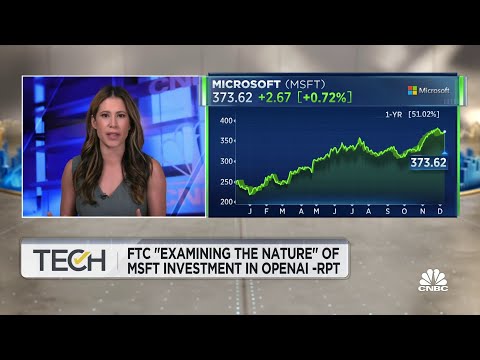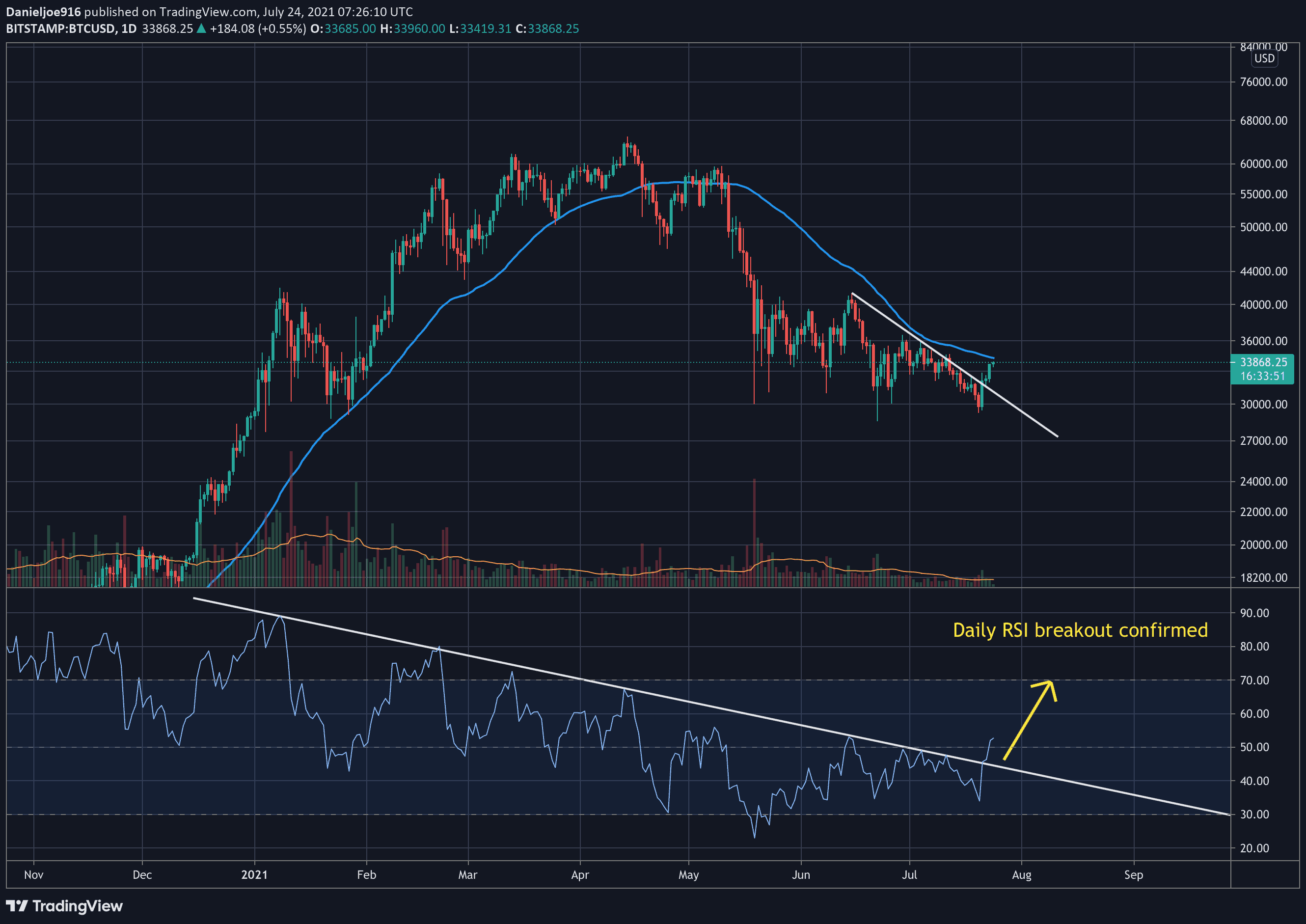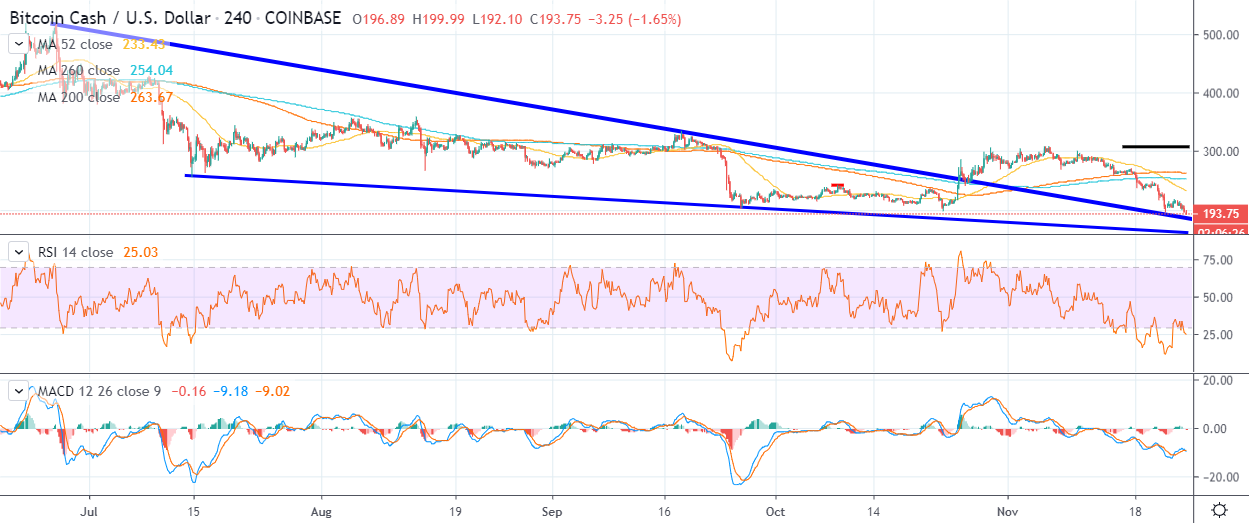FTC Probe Into OpenAI: Examining ChatGPT's Data Practices And User Privacy

Table of Contents
The FTC's Investigation: Scope and Objectives
The FTC's investigation into OpenAI stems from growing anxieties surrounding the potential misuse of personal data by powerful AI systems. While the exact details of the investigation remain confidential, it's understood the FTC is examining OpenAI's data handling practices related to ChatGPT, seeking to determine whether they violate consumer protection laws. The agency's concerns likely center on several key areas:
- Potential violations of Section 5 of the FTC Act: This act prohibits unfair or deceptive acts or practices, and the FTC may be investigating whether OpenAI's data collection and usage methods meet this standard of fairness and transparency.
- Collection and use of sensitive personal information: ChatGPT's ability to process and learn from vast amounts of data raises questions about the collection and potential use of sensitive personal information, potentially without proper consent or notification.
- Lack of transparency regarding data handling: Concerns exist about the opacity surrounding how OpenAI collects, uses, and protects user data. A lack of clear and accessible information about data practices could constitute a deceptive practice.
- Impact on children's data privacy: The use of ChatGPT by minors raises specific concerns under laws like the Children's Online Privacy Protection Act (COPPA), which mandates stringent data privacy protections for children.
ChatGPT's Data Collection and Usage Practices
ChatGPT's functionality relies on processing vast quantities of user data. This includes:
- Prompts: The text input provided by users to initiate a conversation.
- Responses: The text generated by ChatGPT in response to user prompts.
- User interactions: Metadata about how users interact with the platform, such as session duration and frequency of use.
OpenAI collects this data ostensibly to improve the model's performance, personalize the user experience, and conduct research. However, this data collection raises crucial questions:
- OpenAI's privacy policy: A thorough analysis of OpenAI's privacy policy is necessary to understand the extent of its data collection and usage practices, ensuring alignment with data protection regulations.
- Data anonymization and de-identification: OpenAI employs techniques to anonymize and de-identify user data, but the effectiveness of these methods needs rigorous evaluation.
- Data retention policies: Understanding how long OpenAI retains user data is vital in assessing the long-term privacy risks.
- Data breaches and unauthorized access: The potential for data breaches and unauthorized access remains a significant concern, demanding robust security measures.
User Privacy Concerns and Potential Risks
The FTC investigation rightly highlights several potential risks to user privacy:
- Data misuse: Collected data could be misused for purposes beyond those stated in OpenAI's privacy policy, including targeted advertising or profiling.
- Identity theft: The potential for sensitive information revealed through prompts and interactions could lead to identity theft or other forms of fraud.
- Discrimination: Biased data sets used to train ChatGPT could perpetuate harmful stereotypes and lead to discriminatory outcomes. This is a major concern regarding fairness and ethical implications.
- Data Minimization: The principle of data minimization dictates that only necessary data should be collected. The extent to which OpenAI adheres to this principle requires further scrutiny.
Examples of potential privacy violations include the inadvertent disclosure of personal information within prompts, the use of data for purposes not explicitly disclosed to users, and the potential for biased outputs leading to unfair or discriminatory outcomes.
OpenAI's Response and Future Implications
OpenAI has acknowledged the FTC's investigation and publicly committed to addressing data privacy concerns. However, the extent of their commitment and the effectiveness of their actions remain to be seen. The FTC investigation's outcome will likely impact:
- OpenAI's data protection measures: OpenAI may need to implement more robust security protocols and data anonymization techniques.
- ChatGPT's data handling policies: Changes to ChatGPT's data handling policies are highly probable to ensure greater transparency and user control.
- Future AI model development: The investigation will influence how other companies develop and deploy AI models, potentially driving the adoption of stronger data protection standards.
- AI industry’s approach to data privacy: The long-term impact could be a shift towards a more privacy-centric approach to AI development and deployment across the industry.
Conclusion
The FTC probe into OpenAI and ChatGPT's data practices underscores the critical importance of user privacy and data protection in the rapidly evolving field of AI. The investigation's findings will have significant implications for OpenAI, the AI industry as a whole, and the regulatory landscape governing AI technologies. We need to stay informed about the FTC's investigation and the ongoing debate surrounding ChatGPT data privacy, OpenAI's data practices, and the broader implications of AI for user privacy. We must advocate for stronger data protection regulations and hold tech companies accountable for their data handling practices. Only through informed engagement and proactive advocacy can we ensure the responsible development and deployment of AI technologies that prioritize user privacy.

Featured Posts
-
 Press Release Ldcs Future Forum 2025 In Zambia Building Resilient And Sustainable Futures
May 07, 2025
Press Release Ldcs Future Forum 2025 In Zambia Building Resilient And Sustainable Futures
May 07, 2025 -
 Mhrjan Lwkarnw Ykrm Jaky Shan Bjayzt Alinjaz Mda Alhyat
May 07, 2025
Mhrjan Lwkarnw Ykrm Jaky Shan Bjayzt Alinjaz Mda Alhyat
May 07, 2025 -
 South Bend Hosts Wnba Preseason Game Featuring Notre Dame Legends
May 07, 2025
South Bend Hosts Wnba Preseason Game Featuring Notre Dame Legends
May 07, 2025 -
 Gobert Out Edwards And Conley Lead Jazz Vs Rockets
May 07, 2025
Gobert Out Edwards And Conley Lead Jazz Vs Rockets
May 07, 2025 -
 Lewis Capaldis Surprise Return To The Stage At Charity Concert
May 07, 2025
Lewis Capaldis Surprise Return To The Stage At Charity Concert
May 07, 2025
Latest Posts
-
 Bitcoin Price Analysis A Critical Juncture And Crucial Levels
May 08, 2025
Bitcoin Price Analysis A Critical Juncture And Crucial Levels
May 08, 2025 -
 Is A Bitcoin Price Rally Imminent Analysts Chart Suggests So May 6
May 08, 2025
Is A Bitcoin Price Rally Imminent Analysts Chart Suggests So May 6
May 08, 2025 -
 Investing In 2025 Micro Strategy Stock Compared To Bitcoin
May 08, 2025
Investing In 2025 Micro Strategy Stock Compared To Bitcoin
May 08, 2025 -
 Bitcoins Critical Juncture Price Levels And Analysis
May 08, 2025
Bitcoins Critical Juncture Price Levels And Analysis
May 08, 2025 -
 Bitcoin Rally Zone Analysts Perspective And Market Outlook May 6
May 08, 2025
Bitcoin Rally Zone Analysts Perspective And Market Outlook May 6
May 08, 2025
